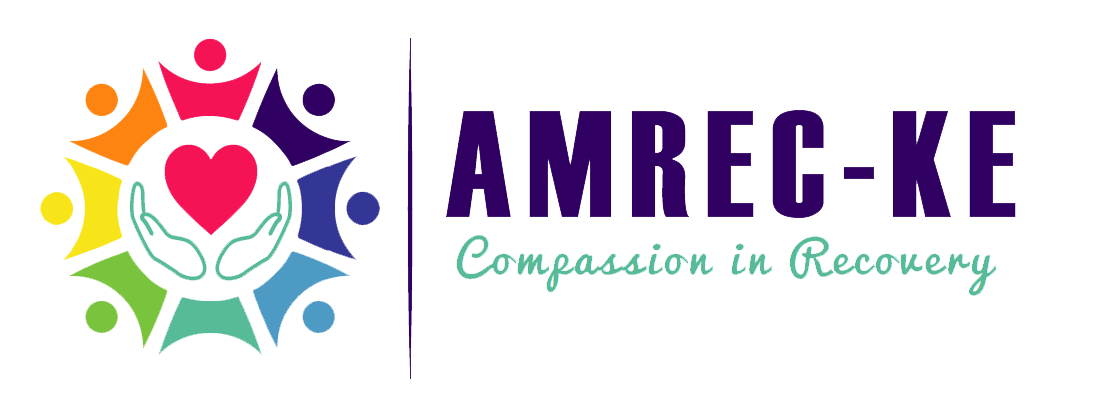
Dissociative Anesthetics drugs cause users to feel as if they are out of control or disconnected from their bodies and environment. They can also cause hallucinations and other changes in thoughts, emotions, and consciousness.
Dissociatives can be in the form of pills, powders, gases, liquids, and plants. Dissociatives are usually ingested via snorting, oral, intramuscular injection, or inhaling.

Examples of dissociative
- Ketamine – Dissociative anesthetic used in surgery and veterinary medicine. Causes amnesia (memory loss) and analgesia (pain relief). Low doses produce a stimulating effect. Moderate to high doses may cause out-of-body or near-death experiences.
- PCP – Phencyclidine (PCP) is a drug with both hallucinogenic and dissociative effects. Due to the dissociative effects of PCP, the user feels removed from their body and surroundings. This effect creates a trance-like state. It also has a strong anesthetic effect, leading to amnesia (memory loss) and analgesia (pain relief). Its name is “Angel Dust”.
- DXM – (Lean, Wet) Dextromethorphan is a drug commonly used as a cough suppressant in cold and cough medicines. It is sold in syrup, tablet, spray, and lozenge form.
- Nitrous Oxide – (Nangs) Nitrous oxide is a dissociative anesthetic that has been shown to separate the mind from the body (floating sensation), produce distorted perceptions, and, in rare cases, hallucinations.
- Methoxetamine– It is derived from ketamine and also has dissociative properties. It has a longer duration and stronger effect than ketamine but has fewer analgesic and aesthetic effects. The main effects are hallucinations, depersonalization, and dissociation.

Signs and symptoms
If you find yourself questioning whether you’re struggling with an addiction to hallucinogens, it may be helpful to introspect your life and see if you exhibit any of the following symptoms:
- Spending a lot of time getting, using, and recovering from hallucinogen abuse
- Attempting but failing to stop the abuse of hallucinogens
- Abusing hallucinogens in situations when it is dangerous to do so
- Continuing to use hallucinogens even after experiencing negative consequences as a result
- Violent or aggressive behaviors
- Nausea
- Vomiting
- Dizziness
- Increased blood pressure
- Perspiration
- Numbness in arms and legs
- Respiratory distress
- Vision problems
- Increased heart rate
- Muscle spasms
- Poor judgment
- Amnesia
- Delusions
- Poor focus
- Paranoia
- Poor concentration
- Dissociation
- Hallucinations
- Loss of interest in enjoyable activities
- Agitation
- Mood swings
- Social withdrawal
- Aggression
- Irritability

Effects of dissociative
Dissociatives are very dangerous, especially when used over extended periods. Dissociatives affects everyone differently, based on:
- Size, weight, and health
- Whether the person is used to taking it
- Whether other drugs are taken around the same time
- The amount taken
- The strength of the drug (varies from batch to batch)
- The environment (in which the drug is taken).

Short term effects
The effects of dissociatives can vary but generally speaking, they are short-acting, depending on the specific type of dissociative.
They include:
- euphoric
- floaty
- relaxed
- happy
- pain-free
- numb
- protected
- safe
- unconscious
- unaware
- in a ‘hole’
- Blurred vision
- Dizziness
- Increased heart rate
- Lack of coordination
- Low blood pressure
- Sleepiness

Long term effects
- Development of a substance use disorder.
- Increased risk of withdrawal when discontinuing use
- Increased tolerance
- Mental health issues such as anxiety and depression
- Memory loss
- Persisting difficulty with speech
- Social withdrawal
- Suicidal thoughts
Getting help

Follow us on our social media handles:
References
Dissociatives – Alcohol and Drug Foundation. (n.d.). https://adf.org.au/drug-facts/dissociatives/
How Dissociative Drugs Distort Perceptions. (2022, May 13). Verywell Mind. https://www.verywellmind.com/what-are-dissociative-drugs-63387
What Are the Effects of Common Dissociative Drugs on the Brain and Body? (2022, September 29). National Institute on Drug Abuse. https://nida.nih.gov/publications/research-reports/hallucinogens-dissociative-drugs/what-are-effects-common-dissociative-drugs-brain-body
Crittenden, H. (2021, June 25). Dissociative Drugs: Complete Guide. Pinnacle Treatment Centers. https://pinnacletreatment.com/blog/dissociative-drugs-complete-guide/
Lemu Wanjiku
Counselling Psychologist
AMREC Kenya

